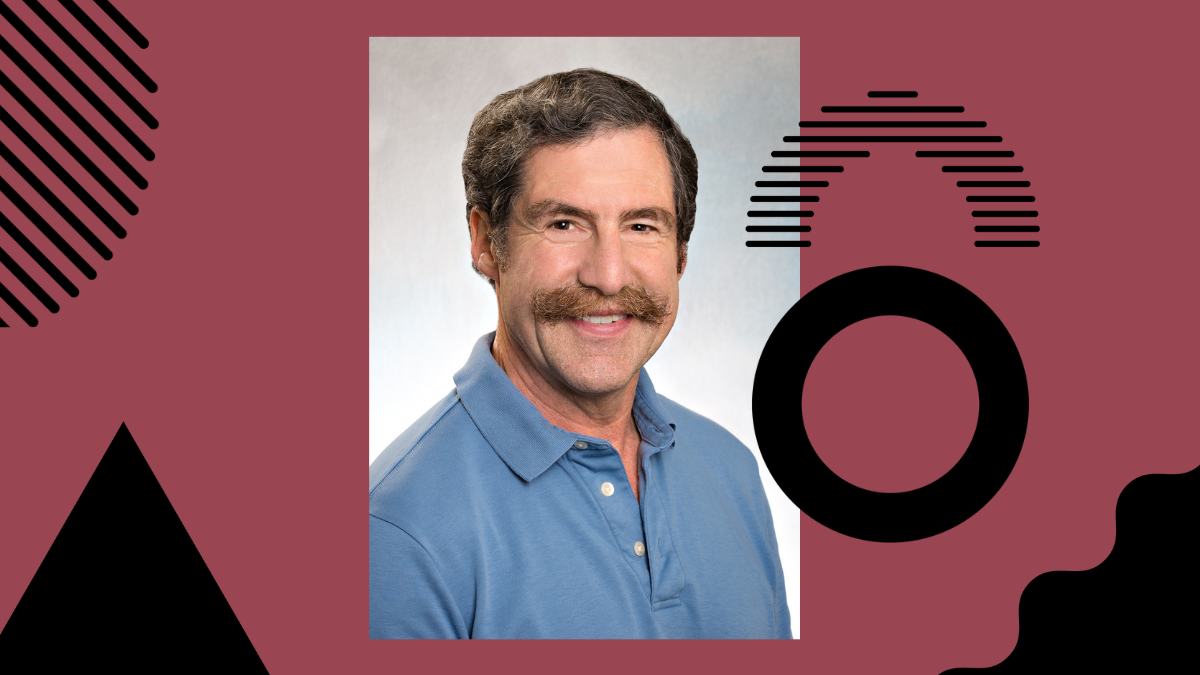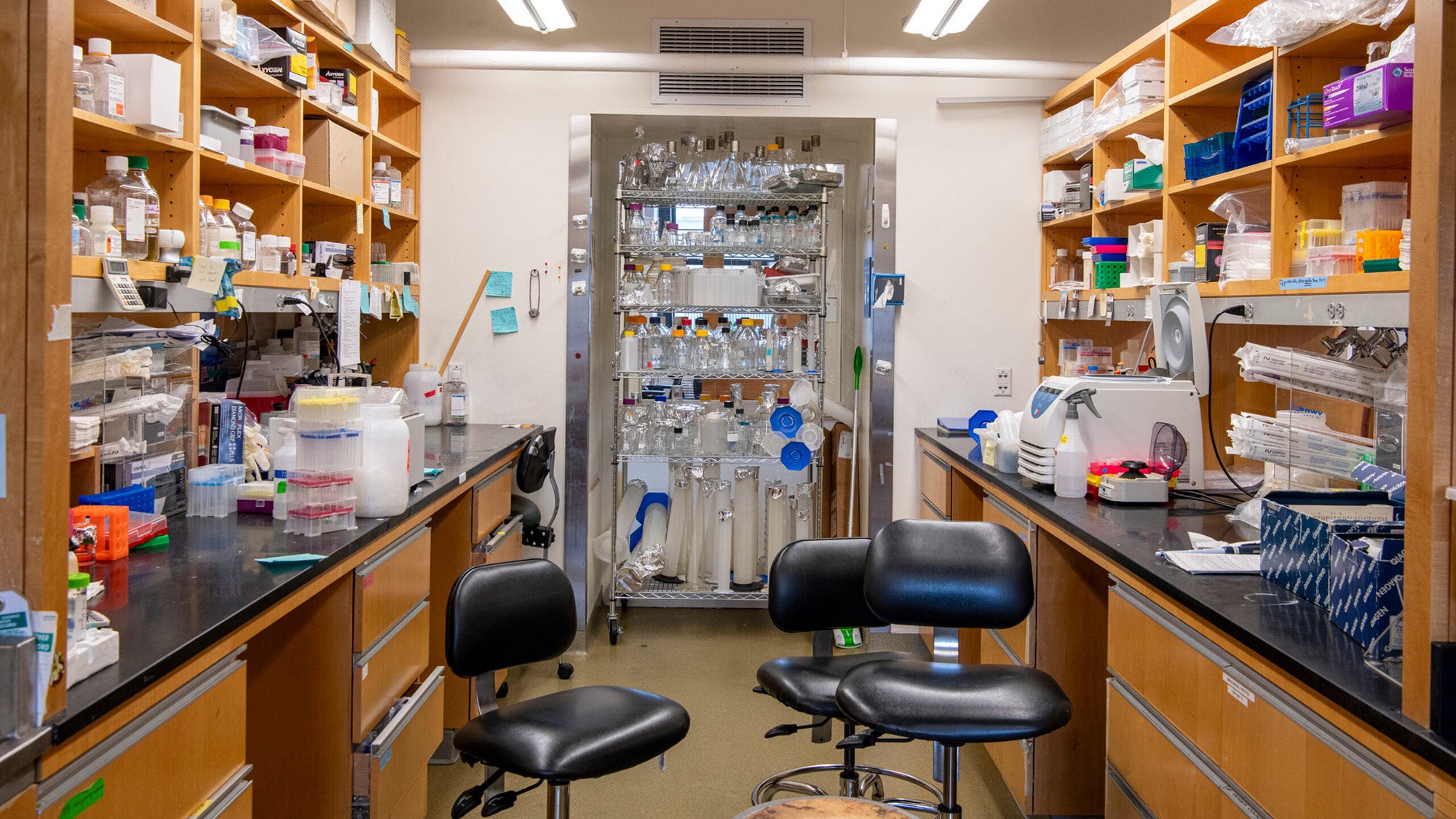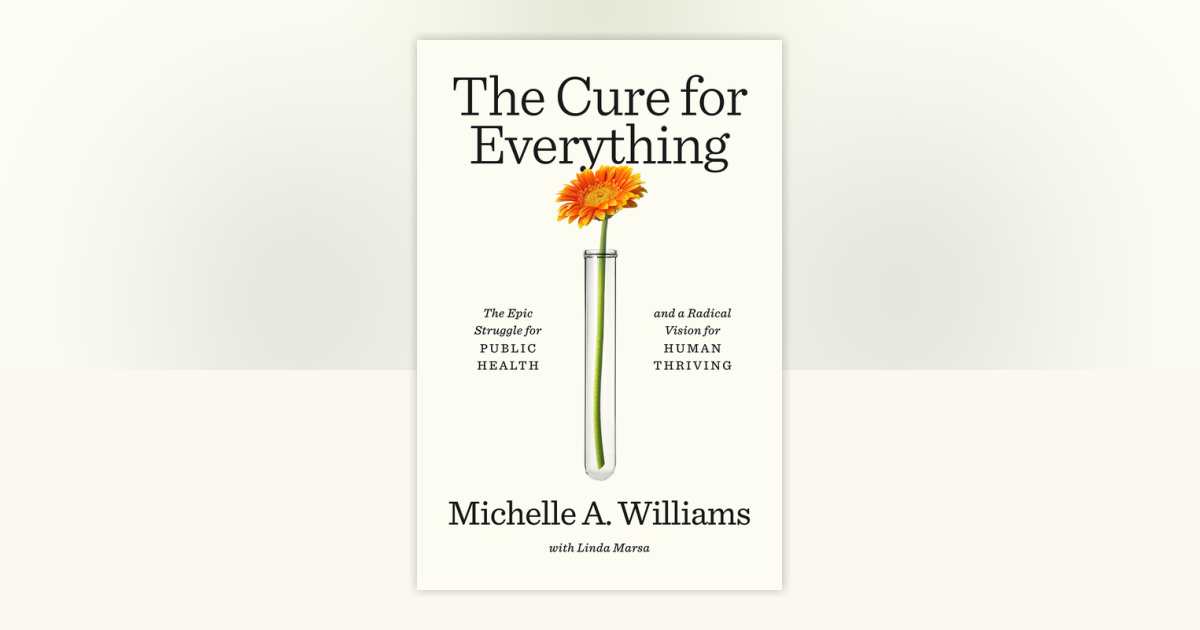Q&A with Meir Stampfer

Meir Stampfer is the Research Professor of Epidemiology and Nutrition in the Departments of Epidemiology and Nutrition at the Harvard T.H. Chan School of Public Health. We spoke with him at the notice of his 30th anniversary at Harvard and found out that his connection to our department has spanned greater than 30 years! With a research program focused on the etiology of chronic diseases, with particular focus on nutrition and cancer, Stampfer is known for his work on primarily four large prospective cohort studies, the Nurses’ Health Study, Health Professionals Follow-up Study, Physicians’ Health Studies I and II, and Nurses’ Health Study II.
In addition to research, Stampfer has made significant contributions as a teacher, mentor, and in leadership positions in our department. Here we ask him a broad range of questions including about his time spent here as a student, department chair and the future of epidemiology as a field.
How did you first come to the School and what drew you to the field of epidemiology?
When I was in medical school at New York University, we had a note-taking service, so I managed to miss my epidemiology classes, which apparently focused mainly on food-borne illnesses (the classic church lunch egg salad). I was always interested in prevention, so I was strongly leaning to Ob-Gyn when I got saved by my final semester elective, working with the carcinogen assessment group of the Environmental Protection Agency. This was exciting work to try to quantify risk from common environmental carcinogens. I was fully drawn to Epidemiology – and remain so! Back then, in 1979, as now, Harvard was clearly the best place for further training, so after my internship and a year of residency, I came to the Harvard Chan School for my master’s (MPH), and then stayed for my doctoral degree (DrPH). My research goals have remained the same for all these years, which is expand the scope for prevention and figure out ways to stay healthy.
Can you describe the environment at the School during that time, and in particular, the epidemiology department?
The Harvard Chan School was in a bit of turmoil at that time, with a faculty revolt against the Dean recently quashed. However, I was assured that the student experience would not be affected, so I took a chance and came to the School. The epidemiology department chair was Brian MacMahon, the founding department chair since 1958. He was a truly wonderful person, gentle but forthright, and deeply thoughtful. The department was quite small in those days, with lots of interaction amongst all the faculty and students. The atmosphere was one of exciting intellectual advancement. The IRB issues then were modest, and the funding situation was very supportive. If you had a sound and worthwhile scientific idea, you had a good chance for funding. I recall that the first eight grants I worked on (I was too junior to be PI) were all funded on the first try. Naively I thought it would continue to be like that!
My thesis advisor was George Hutchison (now 100 years old). He was a very careful scholar; although my thesis may have been the slimmest volume in department history, it still took me six years to graduate (counting my MPH year). This long sojourn was a blessing in disguise, because when my student funding ran out, I joined the faculty at the Harvard Medical School, and stayed at Harvard ever since.
You were also chair of the Department of Epidemiology 2000-2007. What was that experience like? Where there any surprises along the way? Any unexpected challenges or learnings?
Being appointed as department chair was humbling, following in the footsteps of giants in the field. The funding environment was favorable, and it was a time of growth. I enjoyed the opportunity to help both students and faculty. I kept a piece of paper on my desk where I wrote down my bigger mistakes, with the hope of avoiding them in the future – but there are lots of ways to mess up! I was blessed to have Michelle Coleman as department administrator, and a wonderful staff. Working with close colleagues, including many former students and fellows – my dear friends – was my greatest source of gratification. Nonetheless, seven years was plenty!
Curious to hear your thoughts on the development of epidemiology from when you first started in the field onwards, what would you say are some recent developments that you are most excited about?
The field has developed quite a bit in the past almost half century. When I started, it was mostly men and MDs, but now it is mostly women. Methods have developed – always a strength of our department – and epidemiology has more fully entered the mainstream of medical research. I think the greatest advance has been integration of biomarkers, including all the ‘omics, into epidemiology research. Despite the current challenges, this is a bright time to be an epidemiologist!
What advice would you give to current students in the department? Is there something you wished you’d known during your time as a student?
The advice I would give is to try to put your energy into the most important projects where you can have an impact. Of course one needs to have career advancement, but many seem to forget that the career is a means to an end, not the end itself. The overall quality of epidemiology papers these days is higher than in the past, but still many papers are boring and do not address novel or pressing issues.


